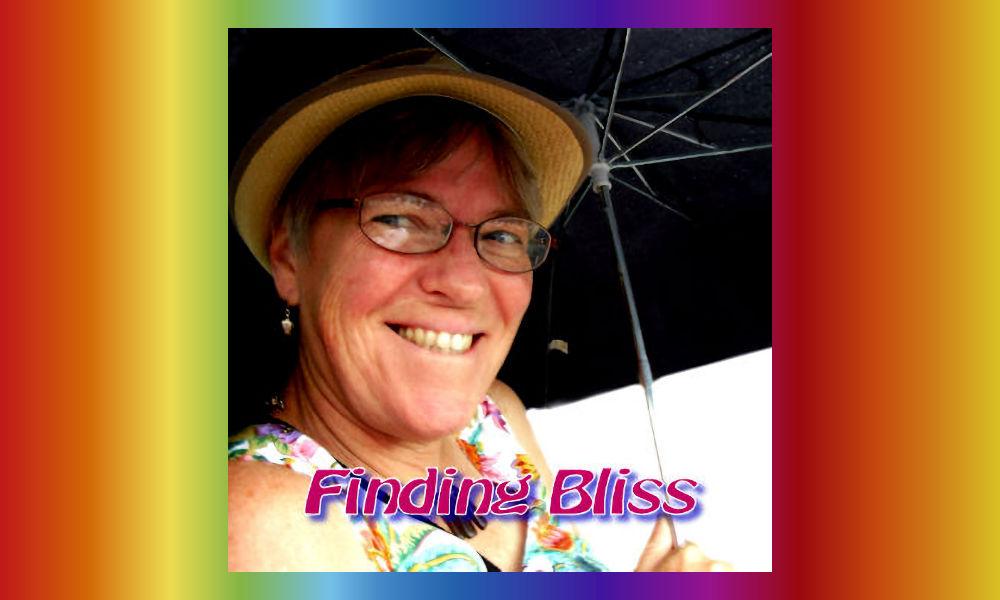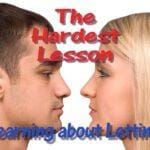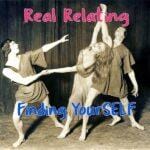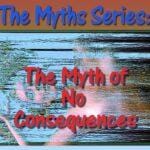Finding Bliss — We’re working through some ideas around living from a more authentic version of yourself. Today, let’s look at this through the lens of bliss.

Psst!! Hey!!!
** Want more great writing designed to help YOU to shift your behaviour?
** Want to learn how to find, build or deepen your principal relationship?
** Want to know more about Zen living and being?
Check out Wayne’s books! (amazon link)
Or, check them out right on our site.
Last article, we talked about Getting Unstuck. Today, let’s have a look at bliss.
Here’s a definition of bliss:
supreme happiness; utter joy or contentment
The key words are “supreme” and “utter”
The contentment and happiness that occurs with bliss is not conditional, limited, or linked to externals.

As I wrote last week, the essence of who we are is already complete and present in us—although much of the more ‘interesting stuff” has likely been locked away in our subconscious or unconscious.
Bliss is who we are
Bliss might be seen as what is left over after we stop messing with ourselves. This was mainly the Buddha’s point. The trouble we get ourselves into, the despair, the judgements, the longing–all come from the games we create.
Here’s a story from my (out of print) book,
Stories from the Sea of Life:
Just a Note! Back in 1994, My first book, Stories From the Sea of Life was published. It’s now out of print, BUT is available as a pdf file. If you’d like to read more of the stories contained therein, amble over to my book site, The Phoenix Centre Press. Once there, subscribe to the site’s mailing list, and you’ll get the pdf for FREE!
I just remembered the one and only time I ever cheated at school. I was in University, my first year, and our class had the dubious honor of taking this stupid thing called “Common Course.” Common Course was a non-grade, pass/fail, required course that was supposed to help us understand the politics and literature of the 60’s. (This being 1968, the school was being “politically correct.”) We called Common Course a “bird course” — not a term of endearment.
My roommate, Randy, was in a different Common Course Section from me. His Prof. assigned a three page paper on some stupid topic or another. I can’t remember what it was about. Randy agonized over that paper. For days. He couldn’t figure out what to write. He desperately wanted to “get it right.” I kept telling him that the course was pass/fail. All he had to do was submit three pages about anything. He blocked. He refused. He got depressed.
It was amazing to watch. He did no work on his other classes. He was falling behind. He spoke less and less. He talked about dropping out. I sat there, looking at the situation, and couldn’t see what the fuss was about. Write a three page paper and be done with it.
From my perspective, there was no problem. From Randy’s perspective, the problem was the size of Mount Everest. Finally, it was the night before the paper was due. Randy was getting nowhere, so he went for a walk. I was pretty annoyed with him.
Suddenly, I was transported into Randy’s head. Somehow, I could taste his pain, his frustration … even though, on a logical level, it still made no sense to me. I focused on Randy, not on my pat solutions. The answer appeared.
When Randy came back, there was a three page report sitting on his desk. He read it, and his depression lifted. I got a lesson in being non-judgemental, and how much more important actions are than words.
This is how we create our dramas.

Randy was a wise soul, who taught me many things in his short life, (he was also physically short, but I digress…)
In general, he was incredibly stable (despite the reality of his life—coming out in 1969—no mean feat—and ultimately contracting and dying from AIDS…) and gently focussed.
He did everything calmly and with verve.
And then, along came this paper.
Randy, get this, was a Straight A student. He never broke a sweat. So, what happened?
I don’t know what was going on in his head, but the “affect” was that he was morose, wasn’t eating, not sleeping, sighing a lot—he was torturing himself. He’d gone from bliss to hell.
I guess I was born a therapist, as I knew I’d be doing this work from a young age. I, however, had much to learn.
I wanted him to see that there was no issue, and so, for 3 weeks I pointed out the flaws in his logic. No soap, as he was spending 24/7 building up the stories of doom and failure.
He’d say, “You just don’t understand!” And he was right. What he was missing was that he didn’t understand. The paper was neutral. His stories were killing him.
Actions Speak
So, that last last night, I had an epiphany. I realized (and continue to realize…) that stories are powerful. Paralyzing, profound, and painful. (alliteration 101)
I decided to shift gears and head in another direction. I decided to shock to his system by removing the obstacle, so he could see his stories and games.
So, I broke a hard and fast rule: “Wayne never cheats.”
I wrote the paper for him, and left it on his desk. He came in, read it, and I just watched. The change was fascinating. His eyes filled, he looked at me and said, simply, “Thanks!” Within a minute, his smile was back.
Now, my point is this.

Things don’t change because you want them to, and don’t change if you simply stare at them and hope.
When we eliminate or “dial down” the fantasies, stories, dramas and games, we find the bliss of “what is.” From there, we can do anything, Thus:
Bliss is the lack of stories, or better put, it’s simple reality, writ large.
You must shift your thinking, your judgements and your perceptions of what’s going on.
Now, you could argue that I shifted Randy perception of the situation, but that is inaccurate. I had exactly a 50/50 chance with my ploy.
I knew that throwing logic at him had not worked. I could have kept trying what wasn’t working (as many of you are now doing the things that are not working for you…) or I could shift my behaviour… and see.
This time, Randy chose to shift himself. The paper I wrote him was not salvation, it was a catalyst.
This is what excellent teachers, great therapists provide: games, shifts, pokes and prods. What you choose to do with the “prod” is entirely up to you.
In a sense, the appearance of that paper allowed Randy to pause. In the pause, he chose to stop blowing smoke, and to see through the “doom and failure” story.
Bliss is life, unpacked.
Bliss just is. Right here, right now. Our only job is to shock ourselves out of dumb complacency and the stuckness of our stories—not into another story, but into being and presence.
Mostly, what we discover is that “it is what it is,” and nothing much is happening. Once we see this, what is “right here” is perfect.
The top picture of Darbella is from the Kitchener Blues festival. You might have guessed that we were outside, in the rain.
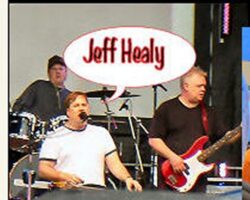
We were listening to the amazing guitar player and singer Jeff Healey. The rain was persistent… and irrelevant. We’d have missed something amazing had we packed up, or had we sat there feeling sorry for ourselves.
And if we’d waited to “catch him next time,” we’d have missed out, as several months later he died.
Sometimes it rains, sometimes the sun shines. Sometimes it’s dark, sometimes it’s light. Sometimes we are “up,” sometimes down. It is as it is, it’s all as it should be, and beneath any of our stories is bliss.
No matter what.
Be yourself, live your talent, make a difference, and drop the stories. All of them.
Thanks for that lesson, Randy. I miss you.

